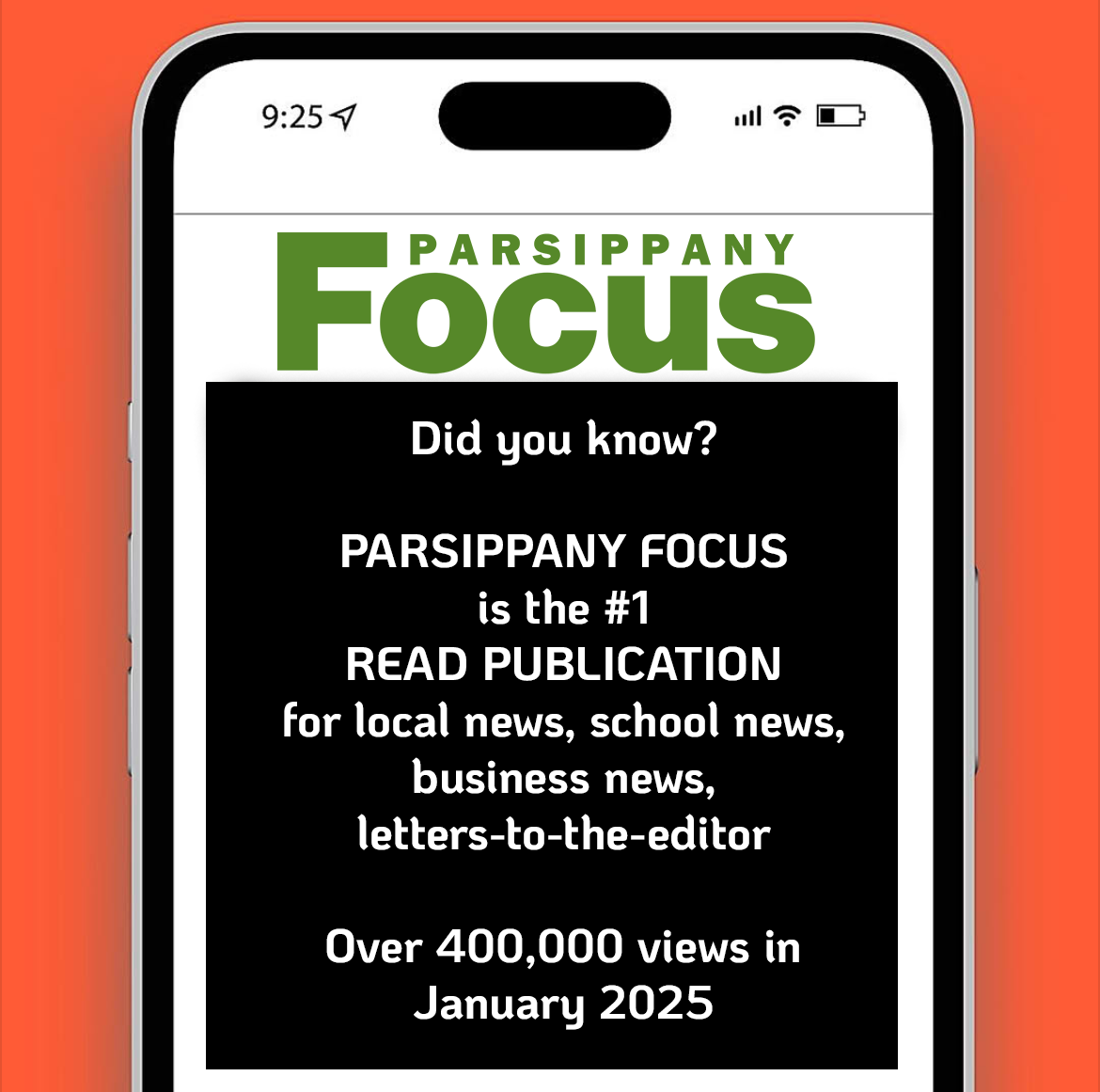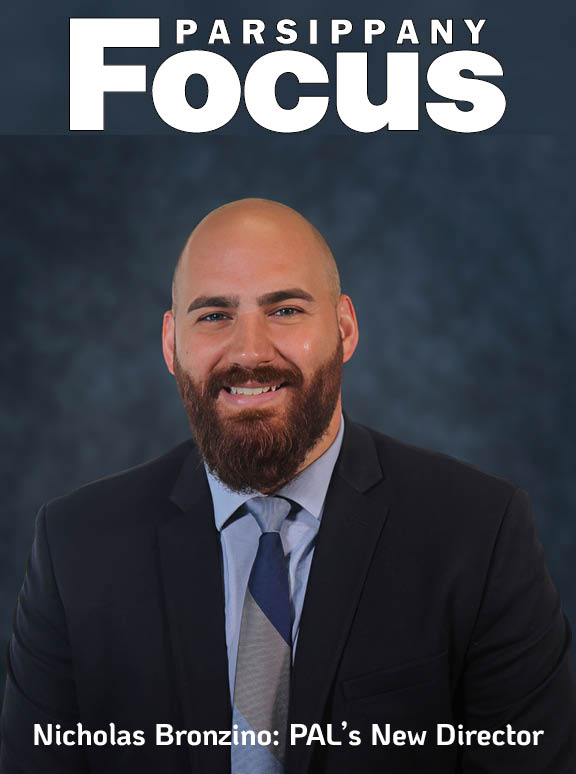 To the Editor,
To the Editor,
As the Trump Administration’s new federal budget moves forward, I have been heartened to hear Representative Frelinghuysen’s positive statements on the importance of foreign assistance programming and these programs’ demonstrated value in improving American security and prosperity. Using only less than one percent of the federal budget, these programs comprise a critical piece of our country’s foreign policy.
We know all too well that violent extremists do not only wage their campaigns in their hometowns, their movements and attacks are global and present a clear threat to the security of Americans. While there is still much work to be done in defeating these groups, American foreign assistance investments in education and licit livelihoods have played a major role in reducing local support in other countries for extremism. Reducing this programming at this point would certainly move this effort backwards.
Foreign assistance also opens foreign markets for American business and export, both by building foreign markets for American goods and services as well as serving as a key negotiation point in discussions around taxation and regulation. In a world with increasing global competition, American businesses cannot afford to lose the benefits provided by foreign assistance programming. This is especially true as American competitors, particularly Chinese businesses, are realizing the returns from their own governments’ investments in foreign assistance.
Finally, American foreign assistance fights the spread of diseases that, through international flights and shipping connections, could easily reach the United States within days and do immeasurable damage to American lives and livelihoods. All totaled, foreign assistance is an investment that is extremely important to the security and prosperity of Americans, as well as those abroad that we reach with programming. Representative Frelinghuysen is right to question the Trump Administration’s proposed cuts to USAID and the State Department’s foreign assistance budgets.
Maria G. D’Andrea
Morristown















